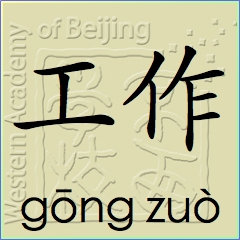
1. work (n. & v.), job
我爸爸工作。(v.)/我爸爸不工作。(v.)
我爸爸有工作。(n.)/我爸爸沒有工作。(n.)
We will learn how to say about occupations, but sometimes we can't even tell what our parents' jobs are in English, what shall we do? Maybe we can just say the place he/she works. Using the structure: 在⋯工作,you can replace ⋯ with name of places, like country, district, company etc.
e.g. 我爸爸在香港工作。
我媽媽在家工作。
我爸爸在IFC/Disneyland/Wanchai工作。
我爸爸工作。(v.)/我爸爸不工作。(v.)
我爸爸有工作。(n.)/我爸爸沒有工作。(n.)
We will learn how to say about occupations, but sometimes we can't even tell what our parents' jobs are in English, what shall we do? Maybe we can just say the place he/she works. Using the structure: 在⋯工作,you can replace ⋯ with name of places, like country, district, company etc.
e.g. 我爸爸在香港工作。
我媽媽在家工作。
我爸爸在IFC/Disneyland/Wanchai工作。
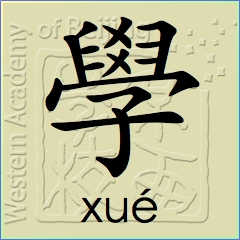
2. learn (v.)
We are students, and we learn a lot at school, also we will have as many to talk about.
e.g. 我們跟丁老師學中文。
We are students, and we learn a lot at school, also we will have as many to talk about.
e.g. 我們跟丁老師學中文。

Challenge!
Can you choose 2-3, or even better, all of the 4 words, to say something? Type your sentences as comments.
Can you choose 2-3, or even better, all of the 4 words, to say something? Type your sentences as comments.
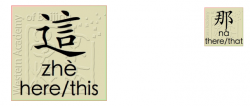
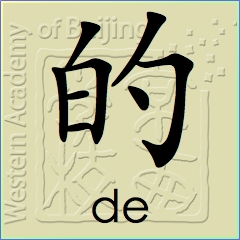
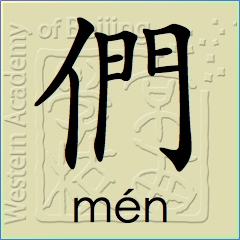
 RSS Feed
RSS Feed